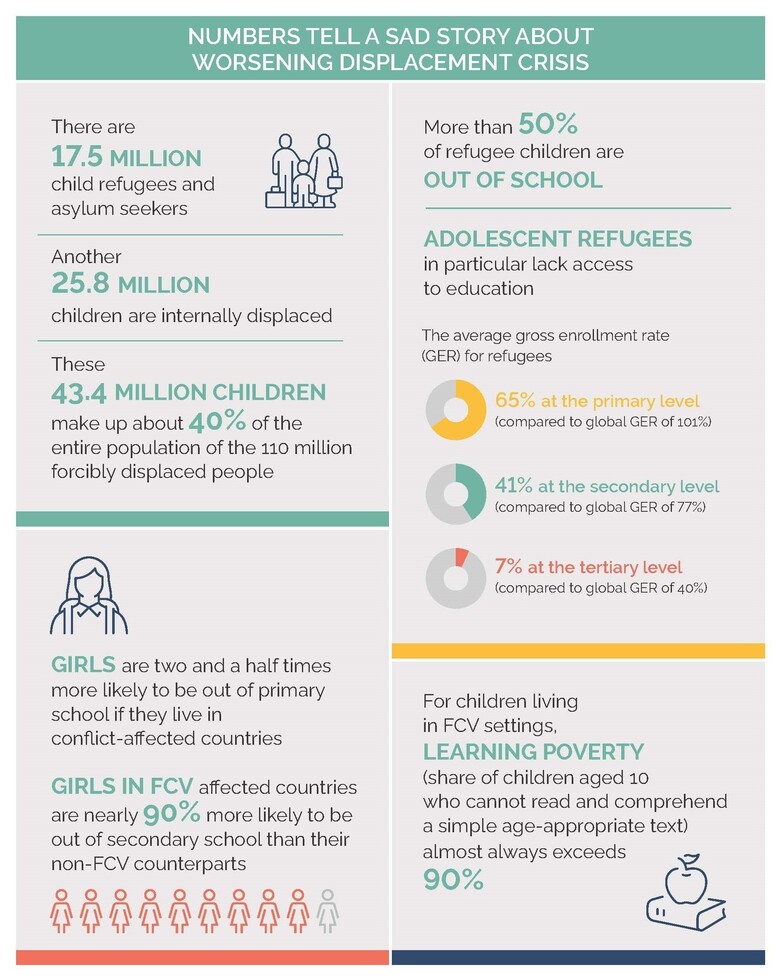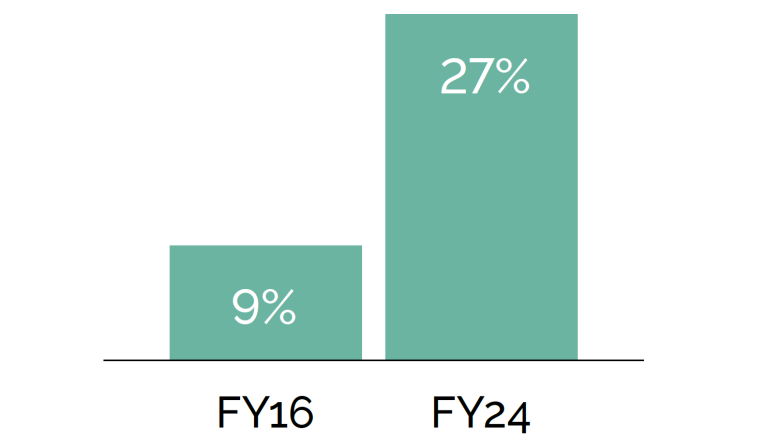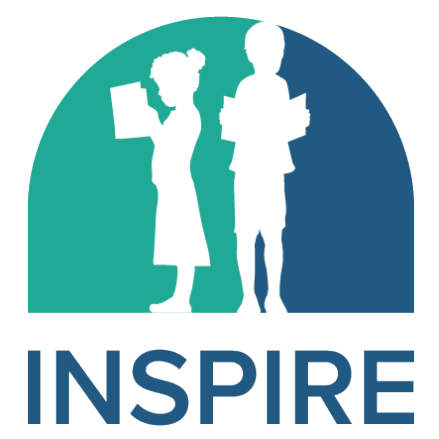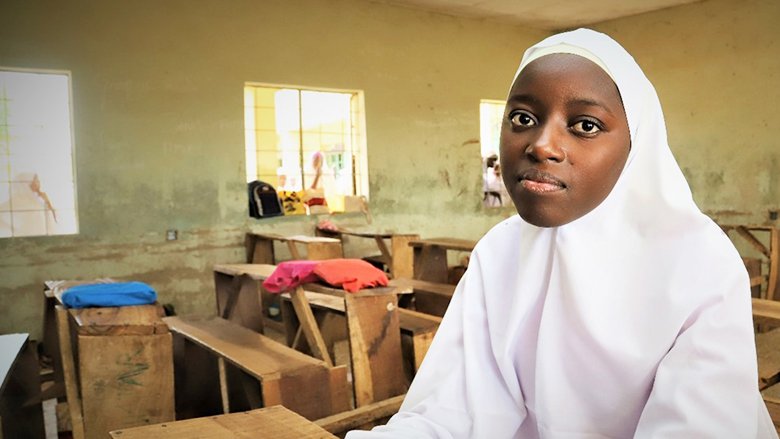Ensuring a safe environment for children to learn is more than a mission for the World Bank. It is an urgent imperative. In large part, the success of our FCV Strategy is predicated on education. There are few spheres of development with so much potential to contribute to violence prevention and peace building. Schooling, therefore, has a critical role in developing the social cohesion for stability, as well as the skill base needed for our client countries to advance in their development and achieve economic prosperity.

Today, only 3% of humanitarian aid goes to education. Yet the children most in need of a good education are also at greatest risk of having their learning disrupted, whether by conflict, violence, pandemics, climate, or other crises.












